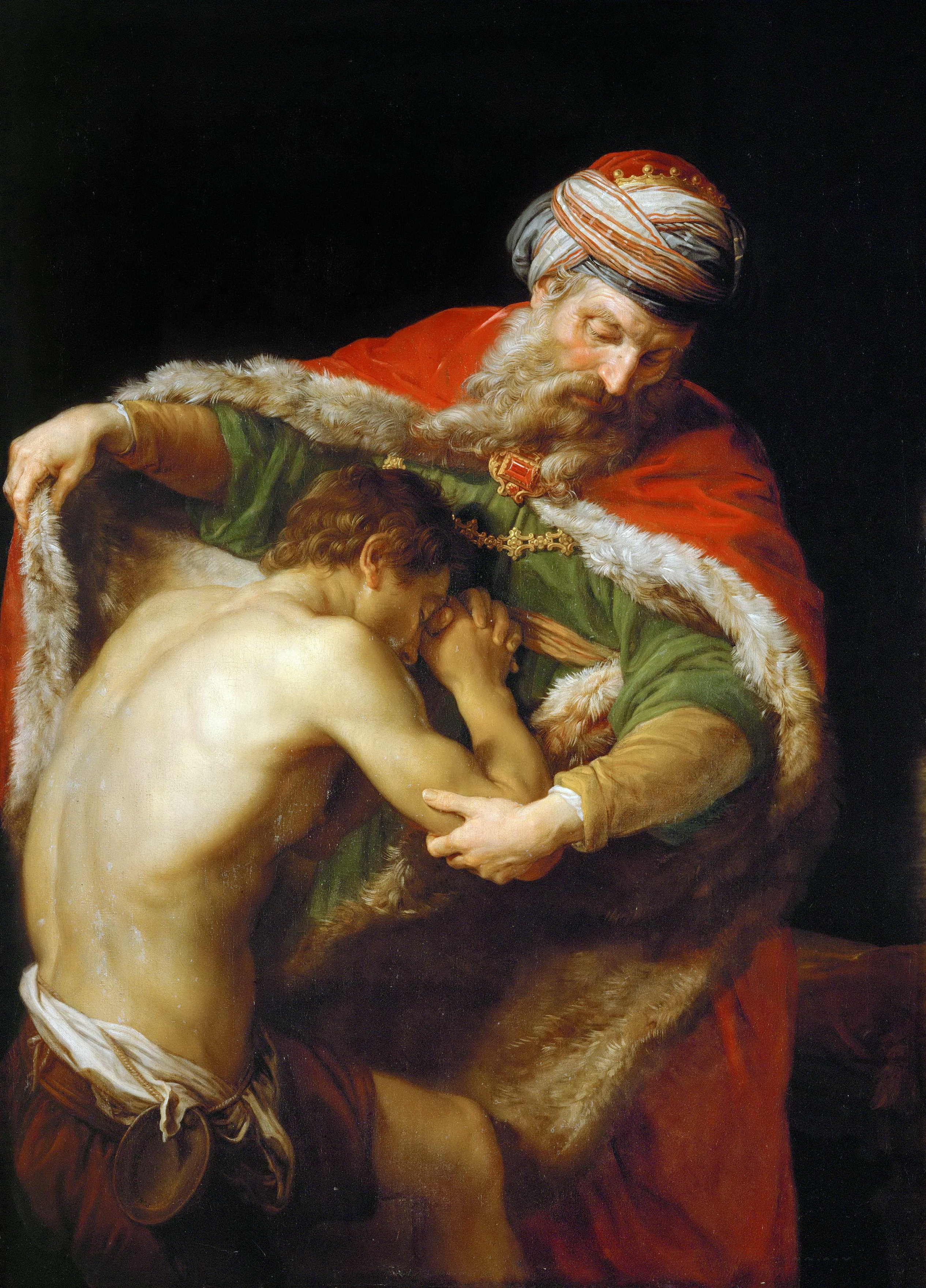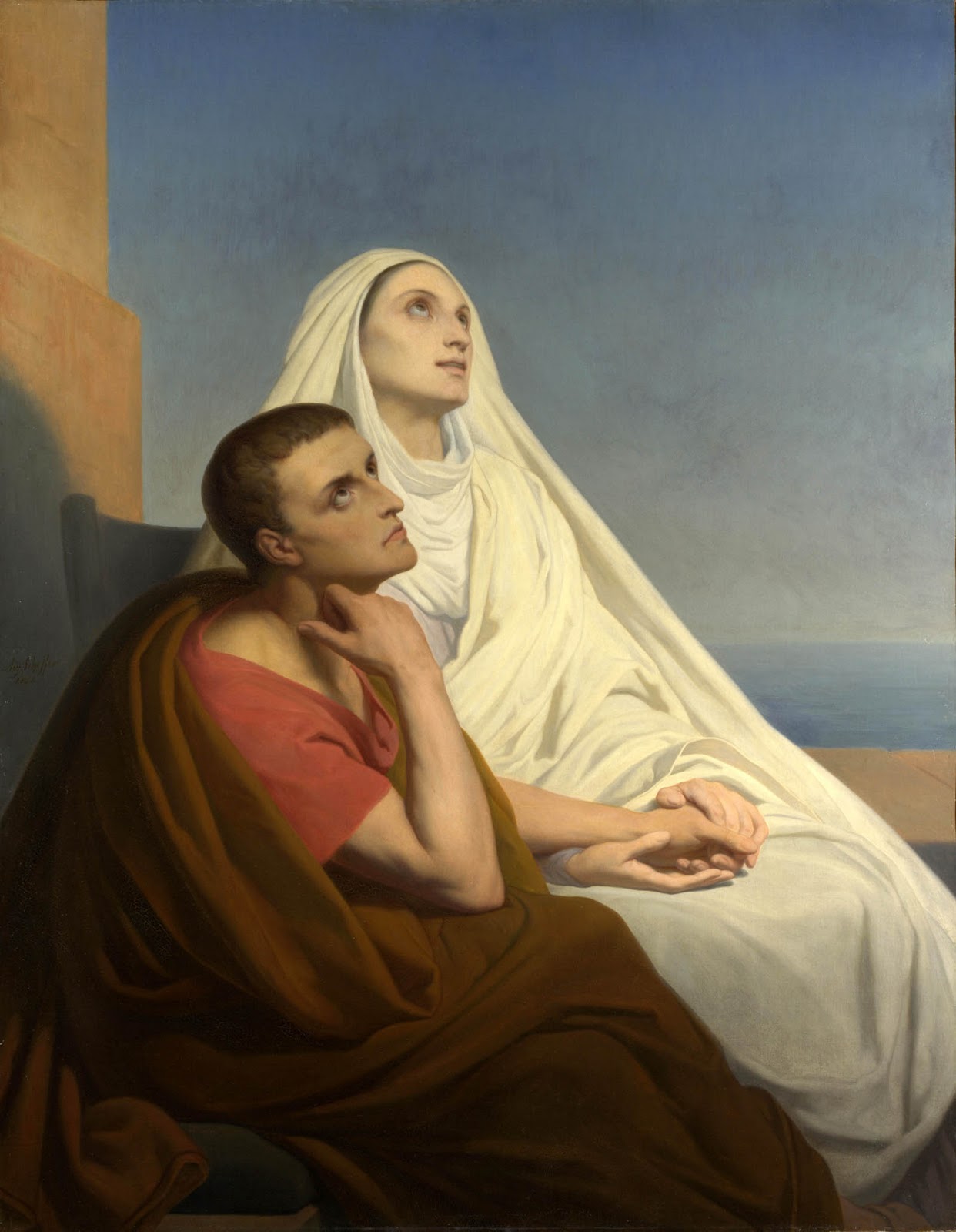|
Mercy
Mercy (Middle English, from Anglo-French , from Medieval Latin , "price paid, wages", from Latin , "merchandise") is benevolence, forgiveness, and kindness in a variety of ethical, religious, social, and legal contexts. In the social and legal context, mercy may refer both to compassionate behavior on the part of those in power (e.g. mercy shown by a judge toward a convict), or on the part of a humanitarian third party (e.g., a mission of mercy aiming to treat war victims). Definition "Mercy" can be defined as "compassion or forbearance shown especially to an offender or to one subject to one's power"; and also "a blessing that is an act of divine favor or compassion." "To be at someone's mercy" indicates a person being "without defense against someone." Law and ethics In a judicial context mercy is often termed "clemency". It is a sovereign prerogative that resides in the executive and is entirely discretionary. John Locke defined it as "the power to act according to dis ... [...More Info...] [...Related Items...] OR: [Wikipedia] [Google] [Baidu] |
Works Of Mercy
Works of mercy (sometimes known as acts of mercy) are practices considered meritorious in Christian ethics. The practice is popular in the Catholic Church as an act of both penance and charity. In addition, the Methodist church teaches that the works of mercy are a means of grace that evidence holiness of heart (entire sanctification). The works of mercy have been traditionally divided into two categories, each with seven elements: # "Corporal works of mercy" which concern the material and physical needs of others. # "Spiritual works of mercy" which concern the spiritual needs of others. Pope John Paul II issued a papal encyclical on 30 November 1980, declaring that "Jesus Christ taught that man not only receives and experiences the mercy of God, but that he is also called upon 'to practice mercy' towards others." [...More Info...] [...Related Items...] OR: [Wikipedia] [Google] [Baidu] |
Dives In Misericordia
''Dives in misericordia'' (Latin: ''Rich in Mercy'') is the name of the second encyclical written by Pope John Paul II. It is a modern examination of the role of mercy—both God's mercy, and also the need for human mercy—introducing the biblical parable of the Prodigal Son as a central theme. The original text was written in longhand in Polish. The encyclical was promulgated on 30 November 1980. Background John Paul II had a strong love for the Divine Mercy devotion, inspired by his fellow Pole, Faustina Kowalska (b. 1905 - d.1938), a devotion that he later instituted for the entire Catholic Church in 2000 as Divine Mercy Sunday and during which vigil, in 2005, he died. He told his biographer George Weigel that he felt spiritually "very near" to Kowalska when he began the encyclical. Pope John Paul II's second encyclical continues to examine the world problems brought up in his first encyclical, '' Redemptor hominis'', including rising militarization, tyranny, star ... [...More Info...] [...Related Items...] OR: [Wikipedia] [Google] [Baidu] |
Pope John Paul II
Pope John Paul II (born Karol Józef Wojtyła; 18 May 19202 April 2005) was head of the Catholic Church and sovereign of the Vatican City State from 16 October 1978 until Death and funeral of Pope John Paul II, his death in 2005. In his youth, Wojtyła dabbled in stage acting. He graduated with excellent grades from an All-boys school, all-boys high school in Wadowice, Poland, in 1938, soon after which World War II broke out. During the war, to avoid being kidnapped and sent to a Forced labour under German rule during World War II, German forced labour camp, he signed up for work in harsh conditions in a quarry. Wojtyła eventually took up acting and developed a love for the profession and participated at a local theatre. The linguistically skilled Wojtyła wanted to study Polish language, Polish at university. Encouraged by a conversation with Adam Stefan Sapieha, he decided to study theology and become a priest. Eventually, Wojtyła rose to the position of Archbishop of Kra ... [...More Info...] [...Related Items...] OR: [Wikipedia] [Google] [Baidu] |
Forgiveness
Forgiveness, in a psychology, psychological sense, is the intentional and voluntary process by which one who may have felt initially wronged, victimized, harmed, or hurt goes through a process of changing feelings and attitude regarding a given offender for their actions, and overcomes the impact of the offense, flaw, or mistake including negative emotions such as resentment or a desire for vengeance. Theorists differ in the extent to which they believe forgiveness also implies replacing the negative emotions with positive attitudes (e.g., an increased ability to tolerate the offender), or requires reconciliation with the offender. Forgiveness is interpreted in many ways by different people and cultures. As a psychological concept and as a virtue, the obligation to forgive and the benefits of forgiveness have been explored in religion, religious thought, moral philosophy, social sciences, and medicine. On the psychological level, forgiveness is different from simple condoning ( ... [...More Info...] [...Related Items...] OR: [Wikipedia] [Google] [Baidu] |
Parable Of The Prodigal Son
The Parable of the Prodigal Son (also known as the parable of the Two Brothers, Lost Son, Loving Father, or of the Forgiving Father; ) is one of the parables of Jesus in the Bible, appearing in Luke 15:11–32. In Luke 15, Jesus tells this story, along with those of a man with 100 sheep and a woman with ten coins, to a group of Pharisees and religious leaders who criticized him for welcoming and eating with tax collectors and others seen as sinners. The Prodigal Son is the third and final parable of a cycle on redemption, following the parables of the Lost Sheep and the Lost Coin. In the Revised Common Lectionary and Roman Rite Catholic Lectionary, this parable is read on the fourth Sunday of Lent (in Year C); in the latter it is also included in the long form of the Gospel on the 24th Sunday of Ordinary Time in Year C, along with the preceding two parables of the cycle. In the Eastern Orthodox Church it is read on the Sunday of the Prodigal Son. Narrative The parable ... [...More Info...] [...Related Items...] OR: [Wikipedia] [Google] [Baidu] |
Christianity
Christianity is an Abrahamic monotheistic religion, which states that Jesus in Christianity, Jesus is the Son of God (Christianity), Son of God and Resurrection of Jesus, rose from the dead after his Crucifixion of Jesus, crucifixion, whose coming as the Messiah#Christianity, messiah (Christ (title), Christ) was Old Testament messianic prophecies quoted in the New Testament, prophesied in the Old Testament and chronicled in the New Testament. It is the Major religious groups, world's largest and most widespread religion with over 2.3 billion followers, comprising around 28.8% of the world population. Its adherents, known as Christians, are estimated to make up a majority of the population in Christianity by country, 157 countries and territories. Christianity remains Christian culture, culturally diverse in its Western Christianity, Western and Eastern Christianity, Eastern branches, and doctrinally diverse concerning Justification (theology), justification and the natur ... [...More Info...] [...Related Items...] OR: [Wikipedia] [Google] [Baidu] |
Beatitudes
The Beatitudes () are blessings recounted by Jesus in Matthew 5:3–10 within the Sermon on the Mount in the Gospel of Matthew, and four in the Sermon on the Plain in the Gospel of Luke, followed by four woes which mirror the blessings. In the Latin Vulgate, each of these blessings begins with the word , which translates to (plural adjective). The corresponding word in the original Greek is (), with the same meaning. Thus "Blessed are the poor in spirit" appears in Latin as . The Latin noun was neologism, coined by Cicero to describe a state of blessedness and was later incorporated within the chapter headings written for Matthew 5 in various printed versions of the Vulgate. Subsequently, the word was anglicisation, anglicized to in the Great Bible, Great Bible of 1540, and has, over time, taken on a preferred spelling of ''beatitudes''. While some opinions can differ as to exactly how many distinct statements into which the Beatitudes should be divided (ranging from eig ... [...More Info...] [...Related Items...] OR: [Wikipedia] [Google] [Baidu] |
Apostle Paul
Paul, also named Saul of Tarsus, commonly known as Paul the Apostle and Saint Paul, was a Apostles in the New Testament, Christian apostle ( AD) who spread the Ministry of Jesus, teachings of Jesus in the Christianity in the 1st century, first-century world. For his contributions towards the New Testament, he is generally regarded as one of the most important figures of the Apostolic Age, and he also founded Early centers of Christianity, several Christian communities in Asia Minor and Europe from the mid-40s to the mid-50s AD. The main source of information on Paul's life and works is the Acts of the Apostles in the New Testament. Approximately half of its content documents his travels, preaching and miracles. Paul was not one of the Twelve Apostles, and did not know Jesus during his lifetime. According to the Acts, Paul lived as a Pharisees, Pharisee and participated in the Persecution of Christians in the Roman Empire, persecution of early Disciple (Christianity), disciples ... [...More Info...] [...Related Items...] OR: [Wikipedia] [Google] [Baidu] |
Luke's Gospel
The Gospel of Luke is the third of the New Testament's four canonical Gospels. It tells of the origins, Nativity of Jesus, birth, Ministry of Jesus, ministry, Crucifixion of Jesus, death, Resurrection of Jesus, resurrection, and Ascension of Jesus, ascension of Jesus. Together with the Acts of the Apostles, it makes up a two-volume work which scholars call Luke–Acts, accounting for 27.5% of the New Testament. The combined work divides the Christianity in the 1st century, history of first-century Christianity into three stages, with the gospel making up the first two of these – the life of Jesus the messiah (Christ (title), Christ) from his birth to the beginning of his mission in the meeting with John the Baptist, followed by his ministry with events such as the Sermon on the Plain and its Beatitudes, and his Passion of Jesus, Passion, death, and resurrection. Most modern scholars agree that the main sources used for Luke were (1) the Gospel of Mark; (2) a hypothetical col ... [...More Info...] [...Related Items...] OR: [Wikipedia] [Google] [Baidu] |
Augustine Of Hippo
Augustine of Hippo ( , ; ; 13 November 354 – 28 August 430) was a theologian and philosopher of Berber origin and the bishop of Hippo Regius in Numidia, Roman North Africa. His writings deeply influenced the development of Western philosophy and Western Christianity, and he is viewed as one of the most important Church Fathers of the Latin Church in the Patristic Period. His many important works include '' The City of God'', '' On Christian Doctrine'', and '' Confessions''. According to his contemporary, Jerome of Stridon, Augustine "established anew the ancient Faith". In his youth he was drawn to the Manichaean faith, and later to the Hellenistic philosophy of Neoplatonism. After his conversion to Christianity and baptism in 386, Augustine developed his own approach to philosophy and theology, accommodating a variety of methods and perspectives. Believing the grace of Christ was indispensable to human freedom, he helped formulate the doctrine of original sin and m ... [...More Info...] [...Related Items...] OR: [Wikipedia] [Google] [Baidu] |
Psalm 117
Psalm 117 is the 117th psalm of the Book of Psalms, beginning in English in the King James Version: "O praise the LORD, all ye nations: praise him, all ye people." In Latin, it is known as . Consisting of only two verses, Psalm 117 is the shortest psalm and also the shortest chapter in the whole Bible. It is joined with Psalm 118 in the manuscripts of the Hebraist scholars Benjamin Kennicott and Giovanni Bernardo De Rossi. In the slightly different numbering system in the Greek Septuagint and the Latin Vulgate version of the Bible, this psalm is Psalm 116. Uses New Testament Verse 1 is quoted in Romans . In Psalm 117, the gentiles are invited to join in praise of God. Christians view this as a fulfillment of God's promise of mercy to the gentiles, pointing to God's promise that all nations would be blessed in the seed of Abraham, who they believe is Christ, as described in the Letter to the Galatians: Catholicism In the Catholic Church, the Rule of Saint Benedict ass ... [...More Info...] [...Related Items...] OR: [Wikipedia] [Google] [Baidu] |
Saint Augustine
Augustine of Hippo ( , ; ; 13 November 354 – 28 August 430) was a theologian and philosopher of Berbers, Berber origin and the bishop of Hippo Regius in Numidia (Roman province), Numidia, Roman North Africa. His writings deeply influenced the development of Western philosophy and Western Christianity, and he is viewed as one of the most important Latin Church Fathers, Church Fathers of the Latin Church in the Patristic Period. His many important works include ''The City of God'', ''De Doctrina Christiana, On Christian Doctrine'', and ''Confessions (Augustine), Confessions''. According to his contemporary, Jerome, Jerome of Stridon, Augustine "established anew the ancient Faith". In his youth he was drawn to the Manichaeism, Manichaean faith, and later to the Hellenistic philosophy of Neoplatonism. After his conversion to Christianity and baptism in 386, Augustine developed his own approach to philosophy and theology, accommodating a variety of methods and perspectives. Believ ... [...More Info...] [...Related Items...] OR: [Wikipedia] [Google] [Baidu] |









